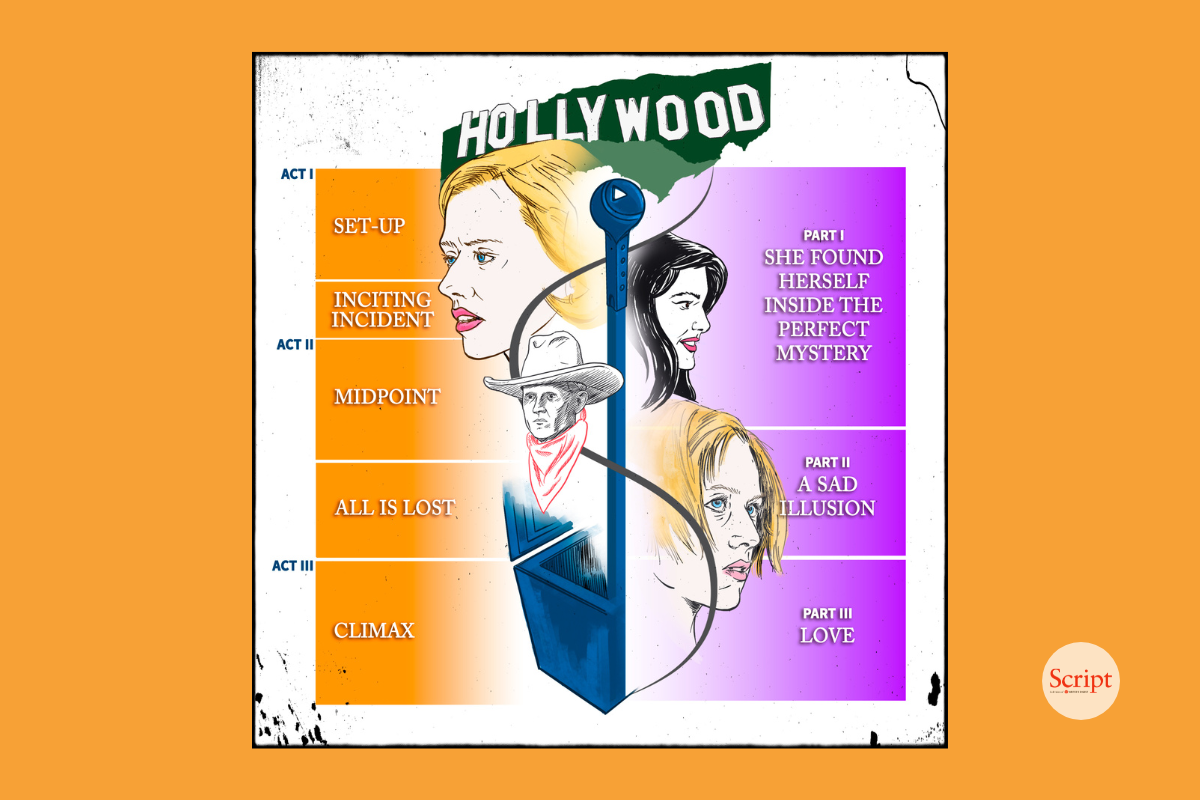THE SCREENWRITER ANSWER: 10 Most Common Screenwriting Questions
Dave Trottier, AKA Dr. Format, answers to ten screenwriting questions he’s asked all the time. Maybe you have some of the same questions.
Here is the answer to ten screenwriting questions I am asked all the time. Maybe you have some of the same questions.
The Answer to all of the Ten Common Questions below.
The screenplay (or screenplays) you refer to was developed in the studio system or by a production company, or was written by an established writer, or was written by a writer who is also the director of the production, and/or is the shooting script version of the original.
Conversely, you are a spec writer trying to break in with a spec script (not a shooting script). Thus, you should do everything you can to make a positive first impression on your primary audience, which is the reader (story analyst). He or she is almost always the first person to read your script and recommend or not recommend it.
The Ten Common Screenwriting Questions
1. You say to use editing directions (transitions) judiciously, but I just read a produced script by William Goldman that had tons of CUT TOs.
2. You recommend limiting spec scripts to 120 pages or less, but I’ve seen dozens of produced scripts that were over 120 pages.
(Ideally, think 100 pages for a comedy and 110 pages for a drama.)
3. You often caution against a lot of voice-over narration, particularly long narration speeches on page 1, but what about Shawshank Redemption?
(I should add to my answer above that most narration that I read by developing screenwriters amounts to obvious exposition. Narration should add an extra layer of drama, comedy, meaning, or some combination of the above to the story without repeating what we already see on the movie screen.)
4. Dave, have you read a Woody Allen script? He doesn’t follow standard format, so why should I?
5. You say that it’s unnecessary to bold and/or underscore slug lines [scene headings], but I’ve seen both styles in a couple of scripts by pros.
(I’m not saying you shouldn’t do it, just that you don’t need to do it. Impress the reader with the content of the script.)
6. You caution against writing “talking heads” scenes, especially as a first scene, so what about The Social Network, which opens with an eight-minute “talking heads” scene?
(When you can write as well as Aaron Sorkin, forge ahead with that eight-page talking-heads scene.)
7. Most of the scripts I read have camera directions in them. What gives?
(One spec writing skill is directing the camera without using camera directions.)
8. Dave, you emphasize readability, but I’ve read some produced scripts that were actually difficult to read. How did they get produced?
9. You tell us to be careful about early flashbacks in a script, but I saw a couple of early flashbacks in a recent successful movie.
(As a general guideline, don’t tell your audience about the past until they care about the present. Naturally, there can be exceptions. Also, make sure your flashback isn’t just obvious exposition, but that it moves the story forward. And, finally, if you use an early flashback, make it as short as possible.)
10. Every once in a while, I see a writer who breaks one of your “17 Commandments.” Why is that?
(“The 17 Commandments” can be found on page 160 of the new 6th Edition of The Screenwriter’s Bible.)
Three final comments
1. Think of all my recommendations as guidelines, not rules.
2. Remember that formatting does not have to be perfect, but you should still show your best work.
3. Keep writing!
Get more advice from Dave Trottier in his books and classes available at The Writers Store
Be sure you get your FREE download of
Screenplay Formatting Tips.
Join the Script newsletter and find excellent resources to improve your screenwriting today!
Dave Trottier (AKA Dr. Format), author of seven books including The Screenwriter's Bible, has sold or optioned ten screenplays (three produced) and helped hundreds of writers sell their work and break into the biz. He is an award-winning teacher, in-demand script consultant, and friendly host of keepwriting.com. Twitter: @DRTrottier







